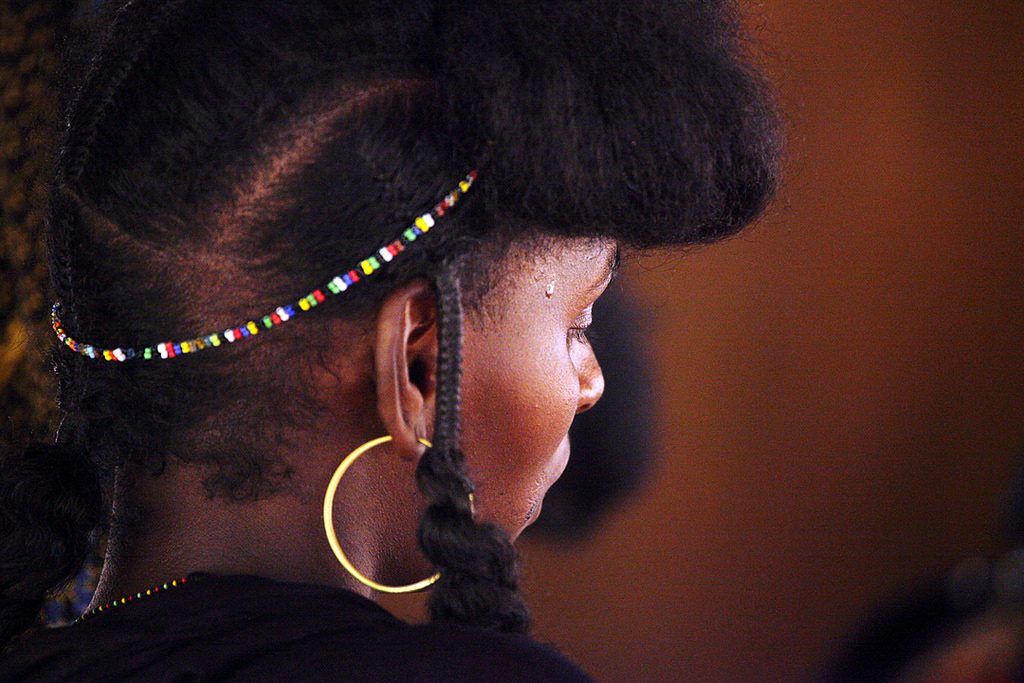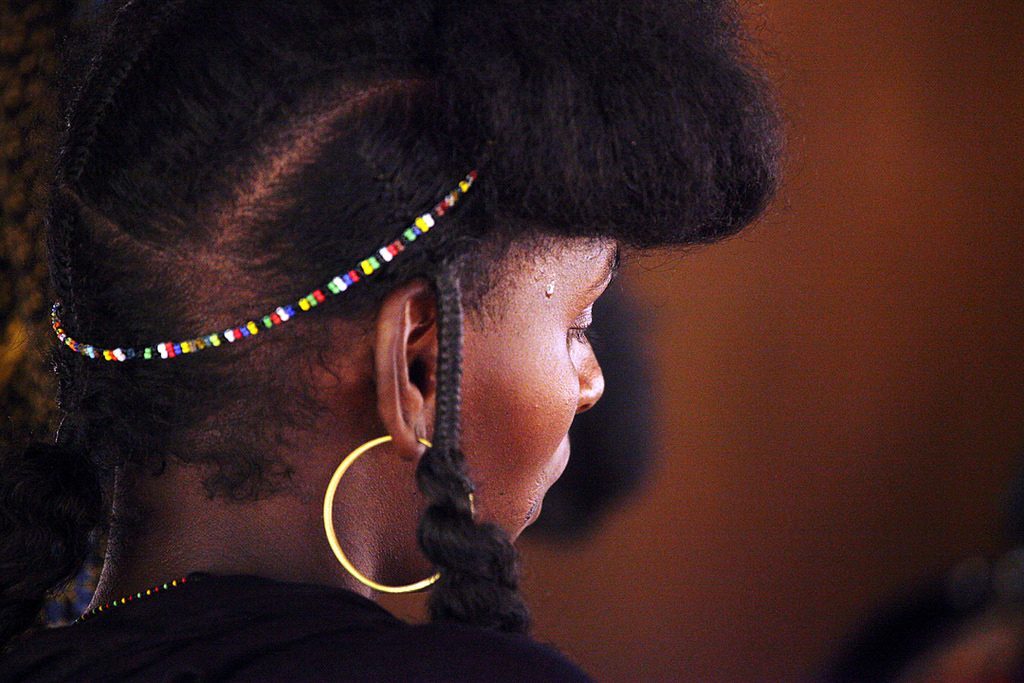The loss of a partner is devastating. For many women around the world, especially in developing countries, that loss is magnified by a long-term struggle for their basic needs, their human rights and dignity.

The pandemic has just worsened the situation during the past several months with a devastating human loss, and one that is likely leaving tens of thousands of women newly widowed at just the time when they are cut off from their usual socio-economic and family supports.
Experience from past pandemics, for example, HIV/AIDS and Ebola, shows that widows are often denied inheritance rights, have their property grabbed after the death of a partner, and can face extreme stigma and discrimination, as perceived ‘carriers’ of disease. Worldwide, women are much less likely to have access to old-age pensions than men, so the death of a spouse can lead to destitution for older women. In the context of lockdowns and economic closures, widows may not have access to bank accounts and pensions to pay for healthcare if they too become ill or to support themselves and their children. With lone-mother families and single older women already particularly vulnerable to poverty, this is an area that needs urgent attention.
There are an estimated 258 million widows around the world, and nearly one in ten live in extreme poverty. But, the actual number is likely to be much higher and to grow further as the coronavirus and its related effects on health continue to rage around the world. As women, they have specific needs, but their voices and experiences are often absent from policies that impact their survival.

Problems for widows in developing countries
Towards Progress for Widows
The United Nations observes 23 June as International Widows Day (resolution A/RES/65/189) since 2011, to draw attention to the voices and experiences of widows and to galvanize the unique support that they need.
Now more than ever, this day is an opportunity for action towards achieving full rights and recognition for widows. This includes providing them with information on access to a fair share of their inheritance, land and productive resources; pensions and social protection that are not based on marital status alone; decent work and equal pay; and education and training opportunities. Empowering widows to support themselves and their families also means addressing social stigmas that create exclusion, and discriminatory or harmful practices.
Furthermore, Governments should take action to uphold their commitments to ensure the rights of widows as enshrined in international law, including the Convention on the Elimination of All Forms of Discrimination Against Women and the Convention on the Rights of the Child. Even when national laws exist to protect the rights of widows, weaknesses in the judicial systems of many States compromise how widows’ rights are defended in practice and should be addressed. Lack of awareness and discrimination by judicial officials can cause widows to avoid turning to the justice system to seek reparations.
Programmes and policies for ending violence against widows and their children, poverty alleviation, education and other support to widows of all ages also need to be undertaken, including in the context of action plans to accelerate the achievement of the Sustainable Development Goals.
In post-conflict situations, widows should be brought in to participate fully in peacebuilding and reconciliation processes to ensure that they contribute to sustainable peace and security.
And in the context of COVID-19, widows must not be left out of our work to “build back better”. Let us ensure that our recovery prioritizes their unique needs and supports societies to be more inclusive, resilient and equal for all.

